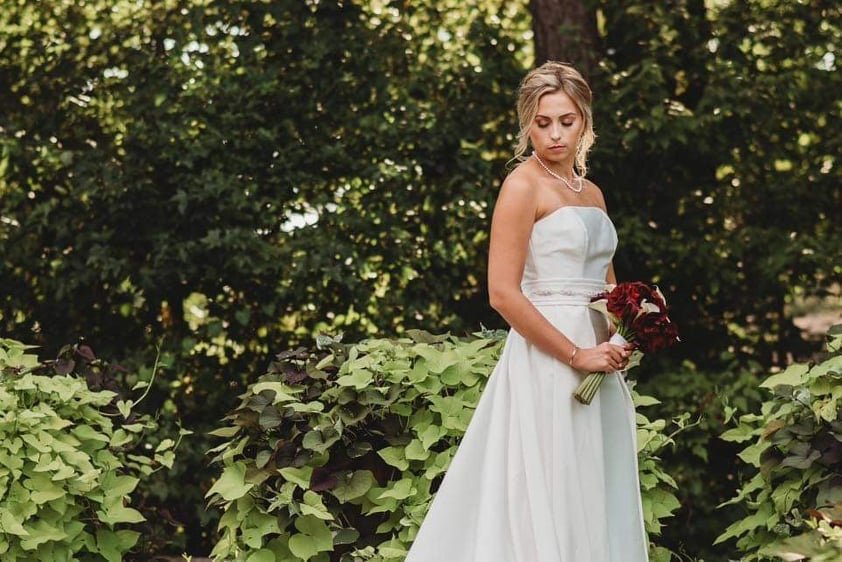Creating a budget for your wedding is one of the first and most essential steps in planning your special day. A budget will help you keep track of all your expenses and ensure that you stay within your means. It may seem overwhelming initially, but with proper planning and organization, you can create a budget that works for you.
Step 1: Determine Your Total Budget
The first step in creating your wedding budget is determining how much money you can spend. This total amount will include any contributions from friends or family and any savings you have set aside specifically for the wedding.
Step 2: Prioritize Your Expenses
Once you have determined your total budget, it’s time to decide how much you want to allocate toward each expense. Start by listing all the major categories, such as venue, catering, attire, photography, etc. Then, rank them in order of importance to you and your partner.
Step 3: Research Costs
Now that you know the most important expenses, it’s time to research the costs associated with each one. Talk to vendors, get quotes, and compare prices to see what fits within your budget. Remember that certain expenses may vary depending on location, time of year, and the number of guests.
Step 4: Allocate Funds
After researching costs, allocate funds towards each expense according to their priority level. Be sure to leave some wiggle room in case any unexpected costs arise.
Step 5: Track Expenses
As you begin making payments and booking vendors, tracking all your expenses is essential. This will help you stay within your budget and make adjustments if necessary. Many free budgeting tools are available online, or you can create a spreadsheet to track everything yourself.
Step 6: Don’t Forget About Hidden Costs
In addition to the significant expenses, there are also hidden costs that can quickly add up. These may include postage for invitations, marriage license fees, and gratuities for vendors. Be sure to budget for these as well so you can spend your money wisely.
Step 7: Revisit Your Budget Regularly
As you get closer to your wedding day, revisit your budget regularly. This will allow you to make any necessary adjustments and ensure that you are staying on track. It’s also a good idea to set aside some extra funds in case of any last-minute expenses.
Step 8: Be Flexible
Creating a budget for your wedding is important, but it’s also important to be flexible. Unexpected costs may arise, and you may need to adjust your budget accordingly. Remember that celebrating your love with your partner is the most important thing, so don’t let a strict budget ruin your day, and don’t feel like you have to overspend.
Tips for Sticking to Your Budget
- Consider DIY options for things like decorations, favors, and invitations.
- Negotiate with vendors for better prices or packages that fit within your budget.
- Be mindful of guest count and try to keep it under control to avoid overspending on food and drinks.
- Consider getting married on a weekday or during the off-season when vendors may offer discounted prices.
- Don’t be afraid to ask for help from family and friends, whether it’s with planning or contributing financially.
Creating a wedding budget may seem daunting at first, but with these steps and additional tips, you can create a budget that allows you to have the wedding of your dreams without breaking the bank. Remember that the most important thing is celebrating your love, and with proper planning, you can do so while staying within your means. Happy budgeting!

